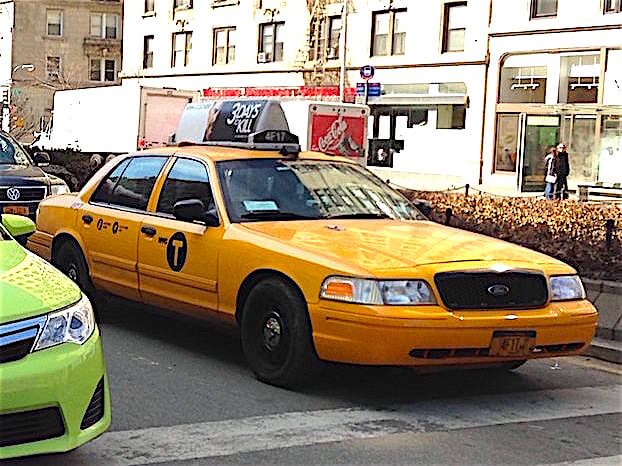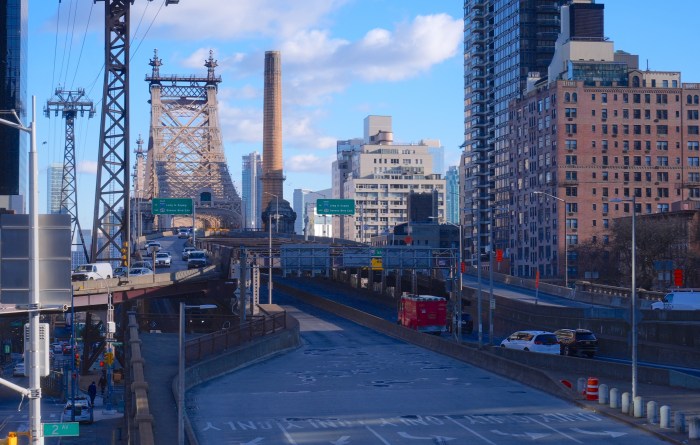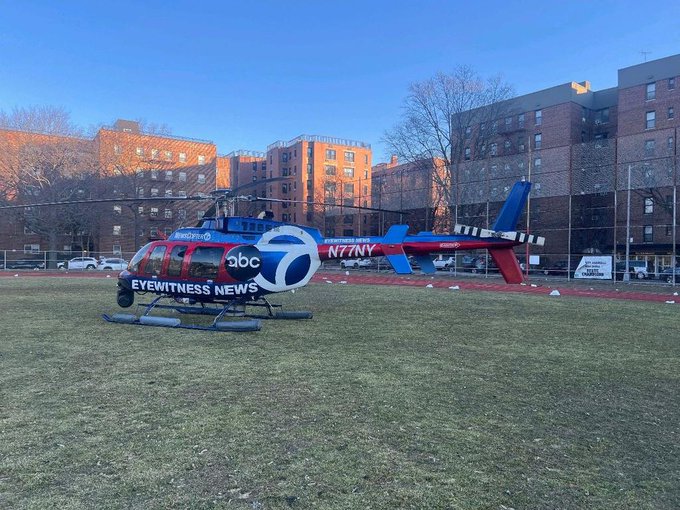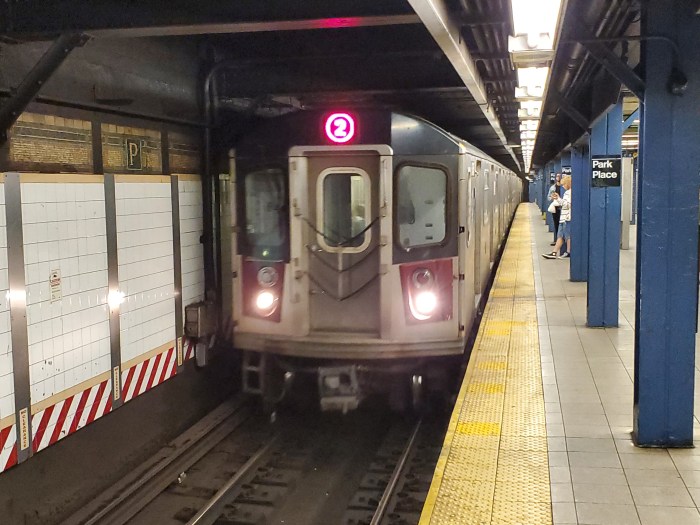New York City’s Taxi and Limousine Commission inflated the prices for yellow cab taxi medallions for 14 years, overpricing buyers by more than $800 million, according to state Attorney General Letitia James.
James — who formerly served as the city’s public advocate — announced Thursday that she filed a notice of claim against the City of New York for the alleged scheme. She charged that the TLC “artificially inflated prices” for thousands of medallions through public sale, sometimes conducted through auctions.
The notice of claim is a precursor to a lawsuit, and alleges that the TLC broke sections of the state Genral Business and Executive Laws. The city now has 30 days to agree to financial restitution, or face a lawsuit.
In a statement, City Comptroller Scott Stringer — the city’s financial watchdog — said his office would “vigorously review” James’ notice.
“The Attorney General’s notice of claim makes significant allegations about the Taxi and Limousine Commission’s actions in the medallion crisis that impacted thousands of hardworking New Yorkers,” Stringer said. “My office takes these issues very seriously and will vigorously review this claim on its merits.”
Meanwhile, the Mayor’s office passed the buck onto the previous administration, noting that it “inherited and carried out a Bloomberg-planned sale barely weeks into the start” of the de Blasio era at Gracie Mansion. No other similar medallion auction occurred thereafter.
“We have spent the last six years putting money back into the pockets of drivers and attempting to curb the harm from Uber years before anyone else wanted to recognize the threat,” said Freddi Goldstein, press secretary for Mayor de Blasio, in a statement. “This crisis has been ours to solve – working tirelessly to clean up the carelessness and greed of others. If the Attorney General wants to launch a frivolous investigation into the very Administration that has done nothing but work to improve the situation, this is what she’ll find.”
The attorney general said the TLC used the sale of taxicab medallions — which costs hundreds of thousands of dollars a piece — contributed to severe financial difficulties for many drivers, putting many of them into default. James further alleged that the city continued to overvalue medallion rates over warnings raised in internal reports about the inflated prices.
“These taxi medallions were marketed as a pathway to the American Dream, but instead became a trapdoor of despair for medallion owners harmed by the TLCs unlawful practices,” James said. “The very government that was supposed to ensure fair practices in the marketplace engaged in a scheme that defrauded hundreds of medallion owners, leaving many with no choice but to work day and night to pay off their overpriced medallions.”
More than 13,600 valid taxi medallions are currently in use of New York City. Yellow cab operators must purchase these medallions and affix them to their vehicles in order to accept street hails and charge customers TLC-regulated rates for rides.
While marketing these medallions as an opportunity for economic success, James charged, the reality was that the TLC pumped up the prices for its own profit from at least 2004 through 2017.
The lawsuit charges that TLC “set up an artificial floor below which bids are never accepted” and colluded with taxicab brokers and other medallion purchasers to overbid and drive up the medallion prices.
As a result, the cost of a medallion soared from $283,300 in 2004 to $965,000 in 2014 — a 240% markup, James noted. The cost for a fleet of two corporate medallions spiked even higher — from $681,101 in 2004 to $2,420,500 in 2014, a 255% increase.
By no later than 2011, TLC officials realized that “the price of a medallion had exceeded its underlying value,” but didn’t make that information public to purchasers, the attorney general said. The agency also published “false and misleading medallion prices” and even made “misleading statements as to the actual number of” medallion transfers.
Over the 14-year period, the city made $810 million in profit through medallion sales and collections of 5% transfer tax on third-party transfers, James added.
In addition to impending litigation, the attorney general said she would also seek “injunctive relief to halt the TLC from continuing this unlawful conduct in the future.”
Any individuals with information about the TLC’s alleged scheme is encouraged to email Investor.Complaints@ag.ny.gov.
Bhairavi Desai, executive director of the New York Taxi Workers Alliance, slammed “the city’s recklessness” in a statement released Thursday afternoon. She called upon the city to provide “substantial financial restitution” to medallion owners/drivers devastated by the inflation.
“The city, along with others, first inflated the value of yellow taxi medallions so they could raise funds on the backs of immigrant workers desperate for a way out of the low-wage economy and into the middle class,” Desai said. “Many of the same individuals responsible for that inflation went on to orchestrate the unregulated entry of Uber and Lyft, who flooded the streets without limit, devastating daily incomes for every kind of driver. Thousands of drivers embroiled in $600,000 to even $1 million loans were pushed into poverty, often earning less than minimum wage.”
This story was updated on Feb. 20 at 5:30 p.m.





































